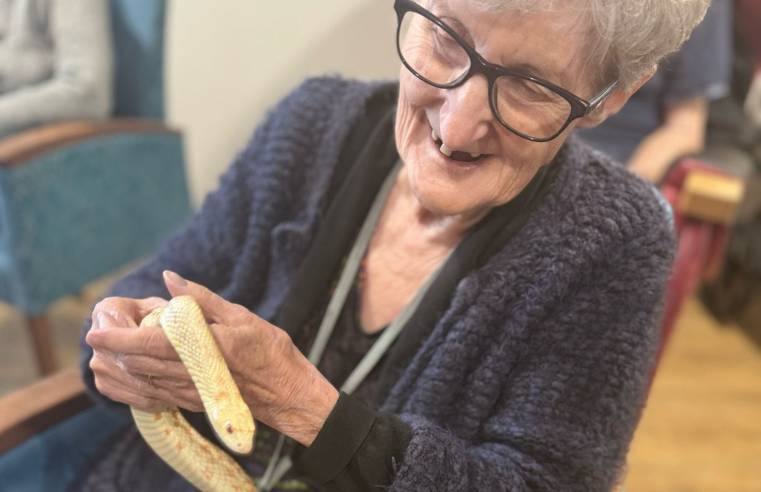Current palliative care provisions are not meeting the needs of an ageing population, warns the British Geriatrics Society (BGS).
A commentary published in Age and Ageing, the scientific journal of the British Geriatrics Society, warns that, despite the fact that frail older people with multiple illnesses and end stage dementia are the most rapidly growing group in need of palliative care, current provisions are not aligned to meet their needs.
The authors of the commentary noted that current projections indicate that between 25% and 47% more people may need palliative care by 2040 in England and Wales. A high proportion of these people will die following a prolonged period of increasing frailty and co-morbidity including cancer, but also other long-term conditions such as heart failure, chronic obstructive pulmonary disease, diabetes or renal failure.
Current palliative care provisions were initially developed during the hospice movement in the 1960s which transformed the philosophy of care and experience of dying for patients and families affected by cancer. The goal was to provide holistic care, excellent control of symptoms and enhancement of quality of life until the end. This philosophy of palliative care, alongside core cultural values of autonomy and choice, has shaped prevailing policy and professional constructs of ‘the good death’. The authors highlighted the fact that, for many older patients, current palliative care provisions do not align with their needs as these provisions rely on clearly identifiable and relatively short terminal disease trajectories.
The authors concluded that there is an urgent need to restructure and provide additional funding for palliative care in community care settings to accommodate the changing needs of an ageing population. The prolongation of dying creates enormous new challenges and reduces the possibility of dying at home, especially for those who live alone.
Kristian Pollock, co-author of the commentary and a Principal Research Fellow at the University of Nottingham, commented: "We are pleased to have worked with Age and Ageing, and colleagues in the USA, to bring to greater attention the need to adapt palliative care services to the growing needs of older people with frailty and dementia: this is one of the biggest public health challenges globally."
The Age & Ageing commentary ‘Reappraising ‘the good death’ for populations in the age of ageing’: https://academic.oup.com/ageing/article-lookup/doi/10.1093/ageing/afy008


























